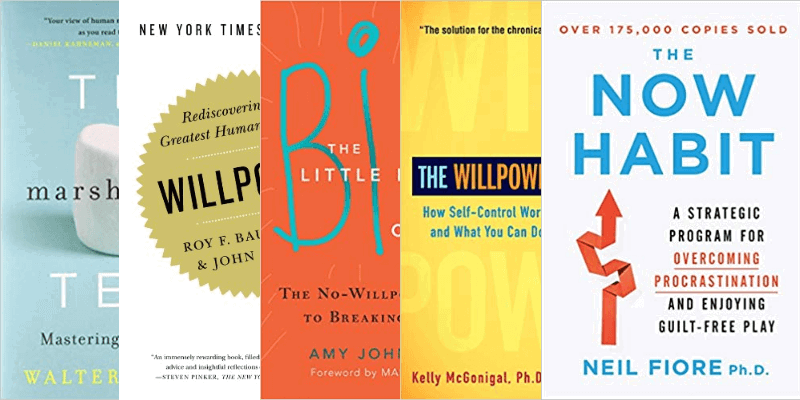Have you ever noticed how certain memories seem to stick with us more than others? It turns out, there is a psychological phenomenon known as the Peak-End Rule that explains why this happens.
The Peak-End Rule is a cognitive bias that suggests people judge an experience based on how they felt at its peak (the most intense point) and at its end, rather than based on the total sum or average of every moment of the experience. In other words, the strongest emotions we feel during an experience, as well as how the experience concludes, greatly influence our overall perception of that experience.
For example, imagine you are attending a music festival. If the highlight of the festival is a spectacular performance by your favorite band, that moment would likely be the peak of your experience and leave a lasting impression on you. Similarly, if the festival ends with a fireworks show that leaves you feeling exhilarated, that positive ending will also play a significant role in shaping your memory of the event.
So, how can we use the Peak-End Rule to our advantage in our everyday lives? Here are a few ways to apply this principle smartly:
1. Plan Memorable Endings: Whether you are hosting an event, giving a presentation, or simply having a conversation, it is important to pay attention to how you conclude the experience. Make sure the ending is meaningful and positive to leave a lasting impression on others.
2. Create Peak Moments: Identify opportunities to create peak moments within an experience. These moments should evoke strong emotions and stand out from the rest of the experience. By incorporating peak moments strategically, you can enhance the overall perception of the experience.
3. Reflect on Past Experiences: Think back on past experiences and consider how the Peak-End Rule influenced your memories. By understanding how this bias operates in your own life, you can learn to make more informed decisions and create more memorable experiences in the future.
In conclusion, the Peak-End Rule is a fascinating cognitive bias that can significantly impact our perception of experiences. By understanding this phenomenon and learning how to use it smartly, we can enhance our memories, improve our interactions with others, and create more meaningful experiences in our lives. Next time you are planning an event or simply reflecting on a past experience, remember the power of the Peak-End Rule and how you can leverage it to your advantage.



